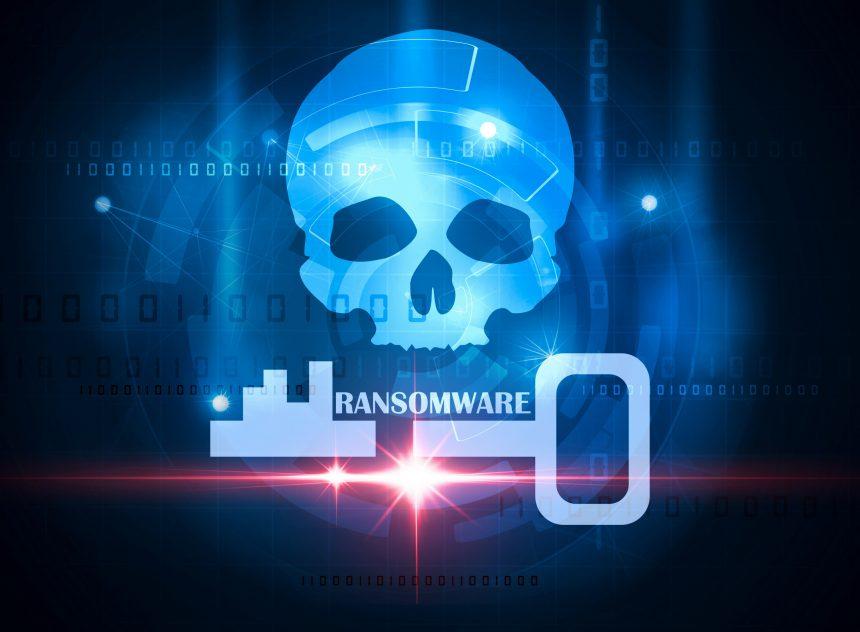Radiyu ransomware has emerged as a new threat in the cybersecurity landscape, encrypting files and demanding a ransom for their release. In this article, we will explore the intricacies of Radiyu ransomware, its actions, consequences, and most importantly, how to decrypt your files without succumbing to the ransom demands.
Understanding Radiyu Ransomware
Radiyu is a type of ransomware that infiltrates your system, encrypts your data, and appends a “.Radiyu” extension to your file names. Once the encryption is complete, a pop-up window displays a ransom note in Korean, instructing victims to pay 120210 KRW (South Korean Won) for decryption.
It is crucial to note that, at the time of writing, Radiyu is decryptable, and the decryption key is “43.” However, this password may change in future releases, emphasizing the importance of prompt action and awareness.
Consequences of Radiyu Ransomware
The primary consequence of falling victim to Radiyu ransomware is the inability to access your encrypted files. The attackers demand a ransom payment in cryptocurrency, adding financial strain to the already distressing situation. While it is possible to decrypt your files without paying the ransom, the overarching threat of ransomware remains a significant concern.
Decrypting Radiyu Ransomware
The decryption key for Radiyu ransomware is “43.” To decrypt your files, follow these steps:
- Identify Infected Files: Identify the files encrypted by Radiyu with the “.Radiyu” extension.
- Backup Encrypted Files: Before attempting decryption, create a backup of the encrypted files to ensure their safety.
- Use Decryption Key: Use the decryption key “43” to decrypt your files. This password may change in future releases, so act promptly.
- Verify File Integrity: After decryption, verify the integrity of the decrypted files to ensure they are accessible and intact.
Best Practices for Future Protection
- Regular Backups: Regularly back up your important files on external drives or secure cloud storage. This ensures you have a clean copy of your data in case of an attack.
- Update and Patch: Keep your operating system and software up to date with the latest security patches to minimize vulnerabilities.
- Security Awareness: Stay informed about emerging threats and practice caution when opening email attachments, clicking links, or downloading files.
- Use Reliable Security Software: Install and maintain reputable antivirus and anti-malware software to provide an additional layer of protection.
- Avoid Suspicious Sources: Refrain from downloading files or software from untrustworthy sources, and exercise caution on unfamiliar websites.
Conclusion
Radiyu ransomware poses a significant threat to your files, but with the provided decryption key and proactive measures, you can safeguard your data. Decrypting your files without succumbing to ransom demands not only protects your finances but also denies cybercriminals the satisfaction of their malicious intent.
By staying informed, adopting best cybersecurity practices, and promptly addressing potential threats, you can fortify your defenses against ransomware and other malicious attacks. Remember, your data’s safety is paramount, and with the right actions, you can navigate the digital landscape securely.





